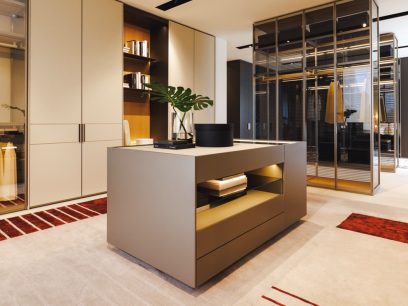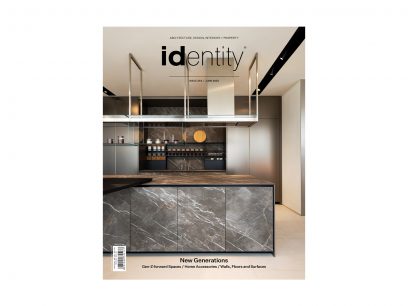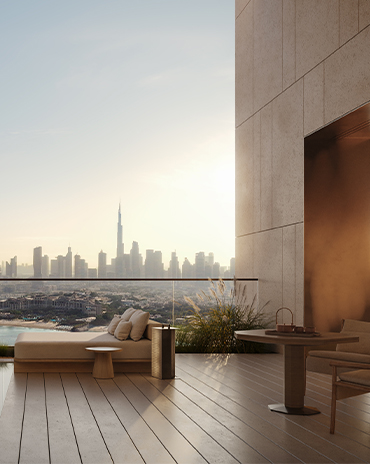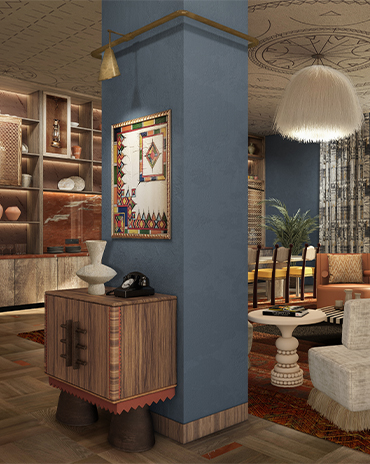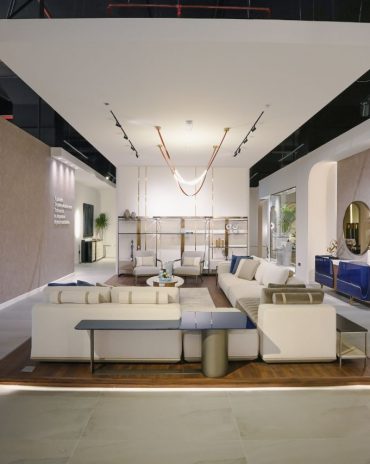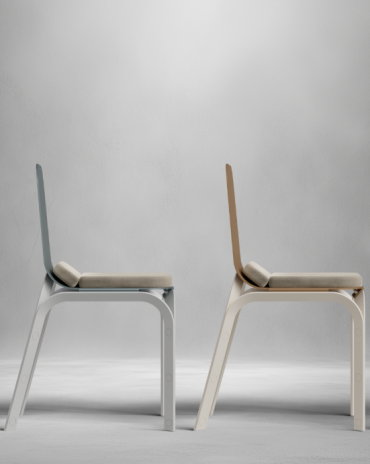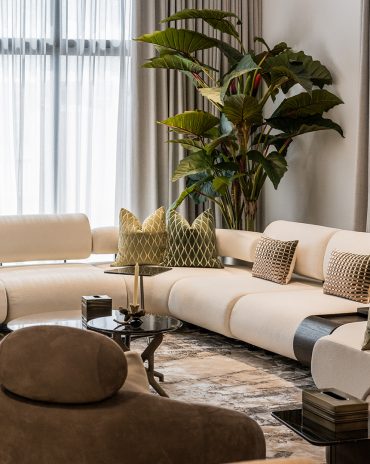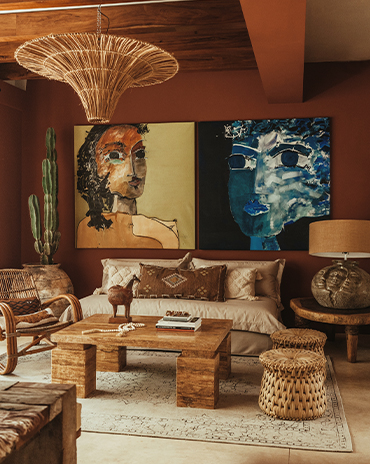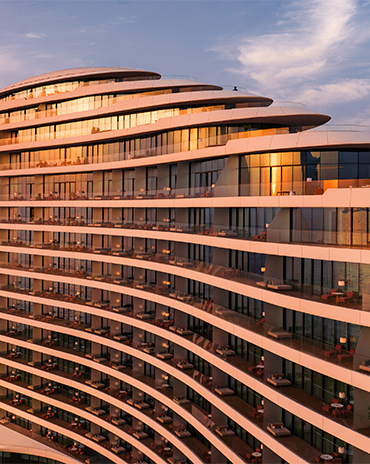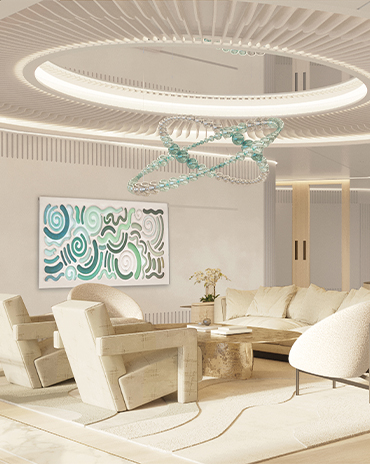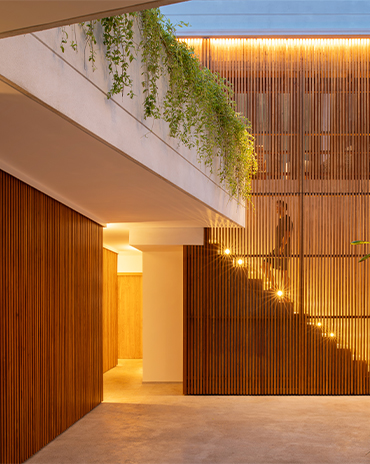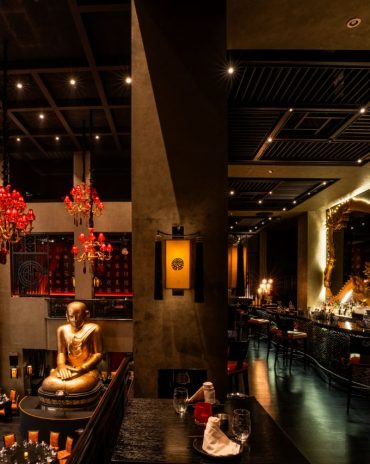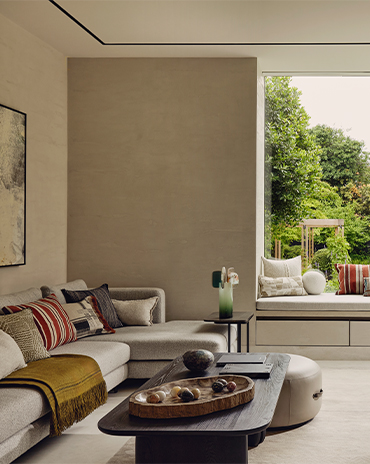Copyright © 2025 Motivate Media Group. All rights reserved.
identity pays tribute to acclaimed modern Iraqi architect Rifat Chadirji
The Central Post Office in Baghdad is exemplary of the late architect's approach
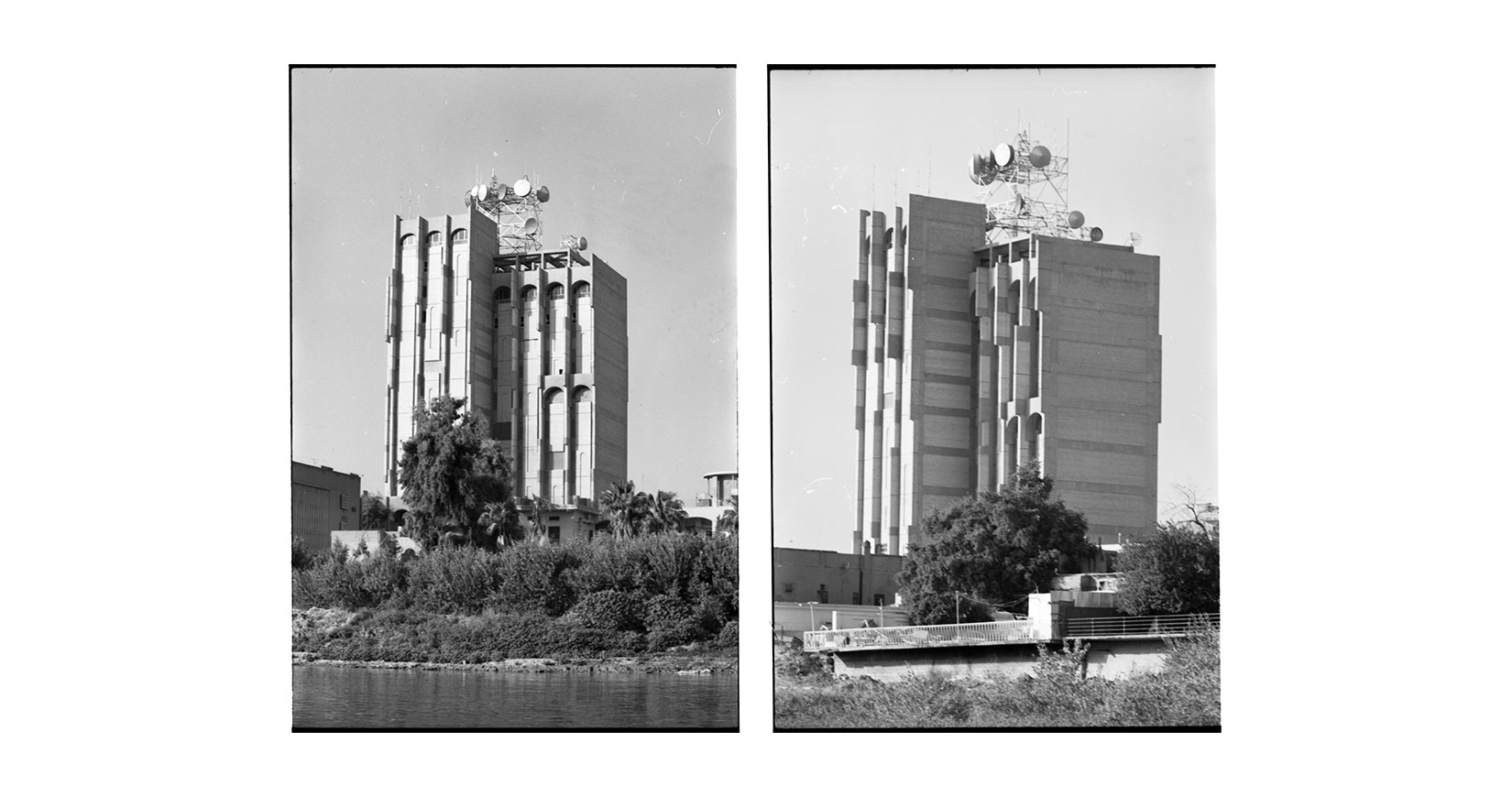
A celebrated figured of modern Iraqi architecture, Rifat Chadirji’s buildings are exemplary of local construction techniques applied through a modernist lens, a style he called ‘international regionalism’. Chadirji devised a synthesis of form that referenced tradition, but one that hoped to modernise its architectural language by drawing from international styles while guiding the creation of a genuinely modern urban landscape for Iraq in the latter part of the 20th century.
“I set out to learn from traditional architecture, he once said, “and to achieve a synthesis between traditional forms and inevitable advent of modern technology. My aim was to create an architecture which at once acknowledges the place in which it is built, yet which sacrifices nothing to modern technical capability.”
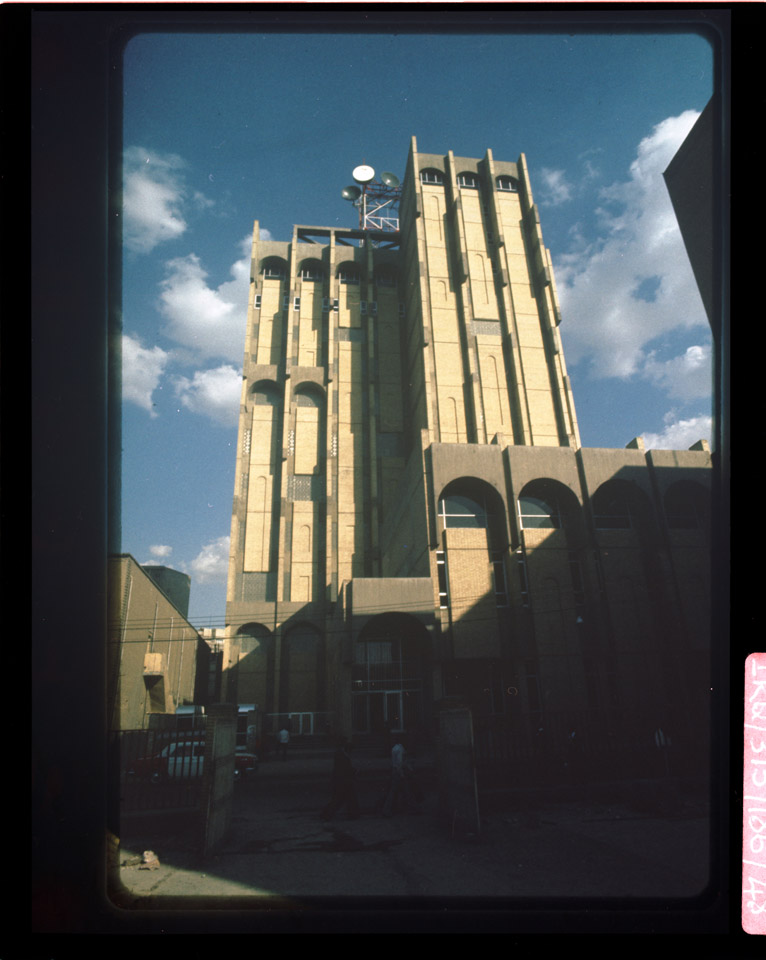
Having contributed to the realisation of approximately 100 buildings – most of which are in Iraq – many of them have since been lost. The remaining structures across the country’s various cities including Baghdad and Mosul stand as markers of the late architect’s legacy, which goes beyond physical constructions. His contributions to architectural education in the Arab world and internationally as well as his photographic documentation of regional architecture further establishes his influence.
The Central Post Office (pictured) is an example of Chadirji’s functional and contextual approach to architecture, completed in 1976 in Baghdad. The 10-storey tower comprises the main communications facilities in the city, with the four-storey, long block containing the post office with the postal hall set on the ground level and additional public services located on the mezzanine floor. The second and third levels of the building contain offices. The telecommunications block is set back from the street, while a central service tower links the two blocks. The building was bombed during the Iraq War in 2003, after which it was minimally repaired and has since been preserved as an important monument of Iraq’s modern architectural history.
His other notable buildings, developed through his architecture practice Iraq Consult, include the Tobacco Monopoly Headquarters and the Hamood Villa in Baghdad, as well as the National Insurance Company in Mosul.
Chadirji was elected Honorary Fellow of the Royal Institute of British Architects in 1982. He eventually left Iraq for good in 1983, when he was offered a teaching position at Harvard. Later, Chadirji was awarded the Chairman Award of the Aga Khan Award for Architecture in 1986, as well as being elected Honorary Fellow of the American Institute of Architects in 1987.
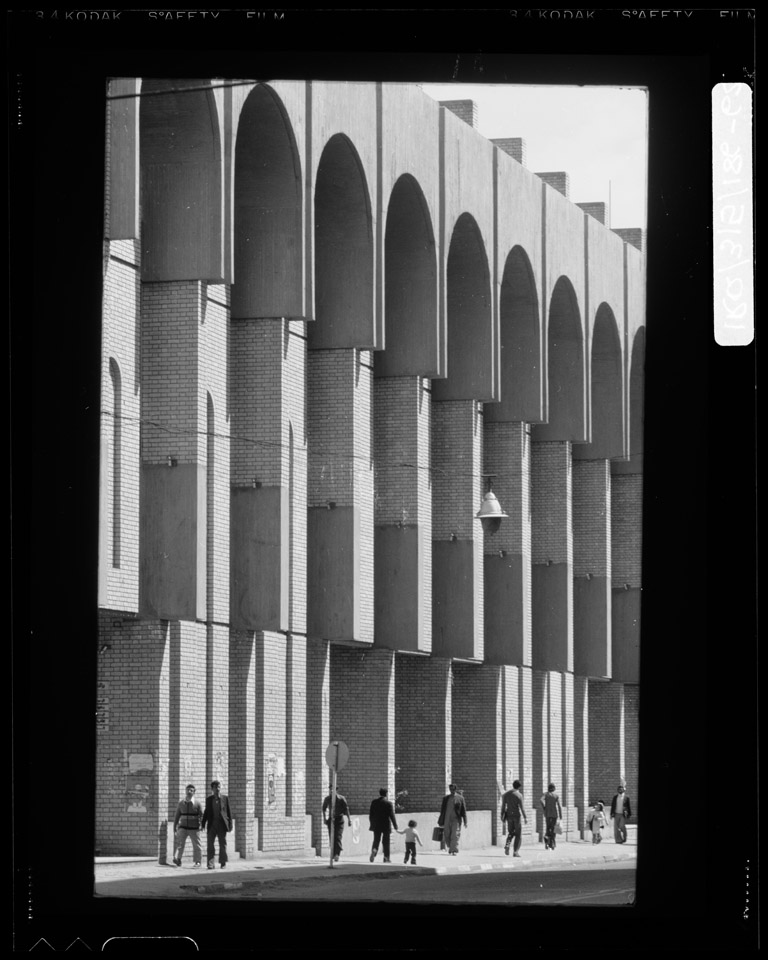
On April 10, 2020, Chadirji passed away after contracting the novel coronavirus. In an email announcing his death, Nasser Rabbat, Aga Khan professor for Islamic Architecture at MIT, described Chadirji as “one of the most influential shapers of modern Baghdad and an original theorist of architecture with a broad historical and cultural breadth”. Chadirji’s legacy continues to live on through his many buildings, photographic documentation and publications; and in the many fond memories of those who knew the legendary architect.
This article was originally published in the June 2020 Home Issue of identity.
The Latest
A Sense of Sanctuary
We interview Tanuj Goenka, Director of Kerry Hill Architects (KHA) on the development of the latest Aman Residences in Dubai
Elevated Design
In the heart of Saudi Arabia’s Aseer region, DLR Group has redefined hospitality through bold architecture, regional resonance and a contemporary lens on culture at Hilton The Point
Turkish furniture house BYKEPI opens its first flagship in Dubai
Located in the Art of Living, the new BYKEPI store adds to the brand's international expansion.
Yla launches Audace – where metal transforms into sculptural elegance
The UAE-based luxury furniture atelier reimagines the role of metal in interior design through its inaugural collection.
Step inside Al Huzaifa Design Studio’s latest project
The studio has announced the completion of a bespoke holiday villa project in Fujairah.
Soulful Sanctuary
We take you inside a British design duo’s Tulum vacation home
A Sculptural Ode to the Sea
Designed by Killa Design, this bold architectural statement captures the spirit of superyachts and sustainability, and the evolution of Dubai’s coastline
Elevate Your Reading Space
Assouline’s new objects and home fragrances collection are an ideal complement to your reading rituals
All Aboard
What it will be like aboard the world’s largest residential yacht, the ULYSSIA?
Inside The Charleston
A tribute to Galle Fort’s complex heritage, The Charleston blends Art Deco elegance with Sri Lankan artistry and Bawa-infused modernism
Design Take: Buddha Bar
We unveil the story behind the iconic design of the much-loved Buddha Bar in Grosvenor House.
A Layered Narrative
An Edwardian home in London becomes a serene gallery of culture, craft and contemporary design



